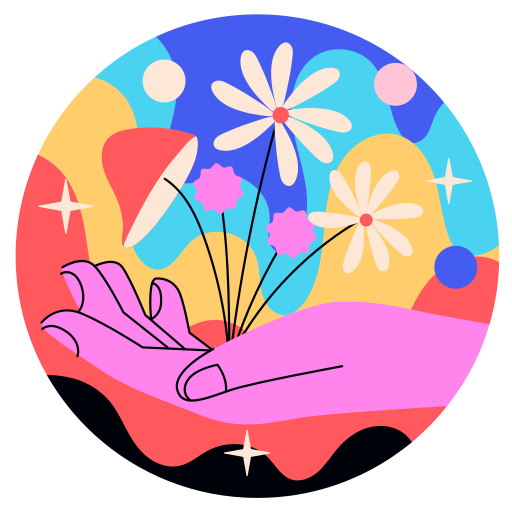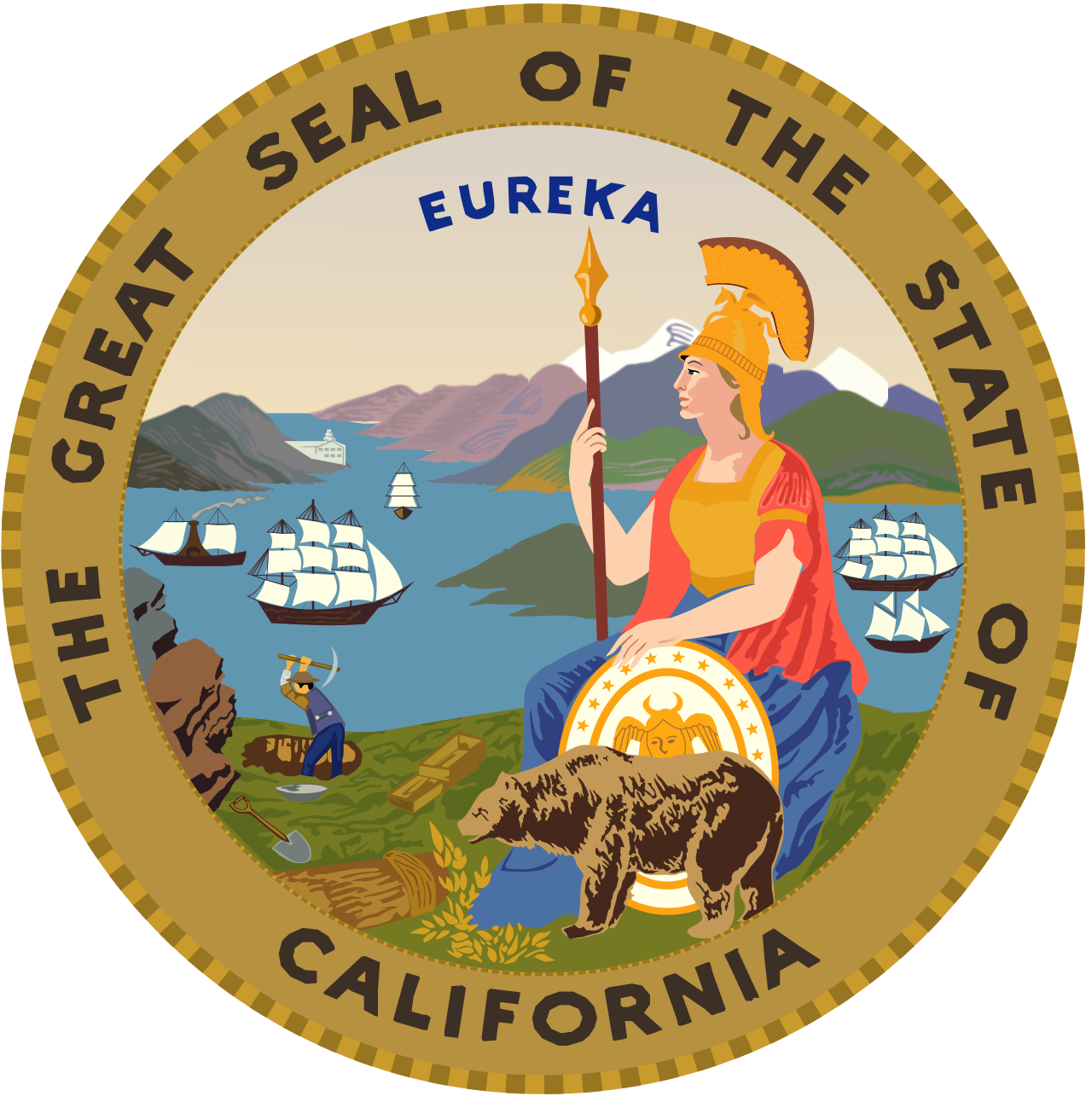

Usually walk once a week to a grocery store 2.25 km away to stock up, but I’ll supplement that with a trip every other day to the smaller grocery store 0.5 km away. I don’t own a car and walk/scooter most places and I’d say that’s a decent trek. I mostly walk it instead of taking my scooter because I go with my girlfriend and we’ll talk, also can carry more back, and it gets us our steps which we like to track.
If it was just me and it was 30C I’d probably just take my scooter or the bus which is decent for getting there most times.














Can’t it help with getting treatment for it? At least here in the US you have to justify everything as medically necessary or your insurance won’t cover it.
Anecdotally my mom is obese and was getting glp 1 for a while but she doesn’t any more because the insurance said it wasn’t necessary to treat her borderline diabetes and they stopped covering it.